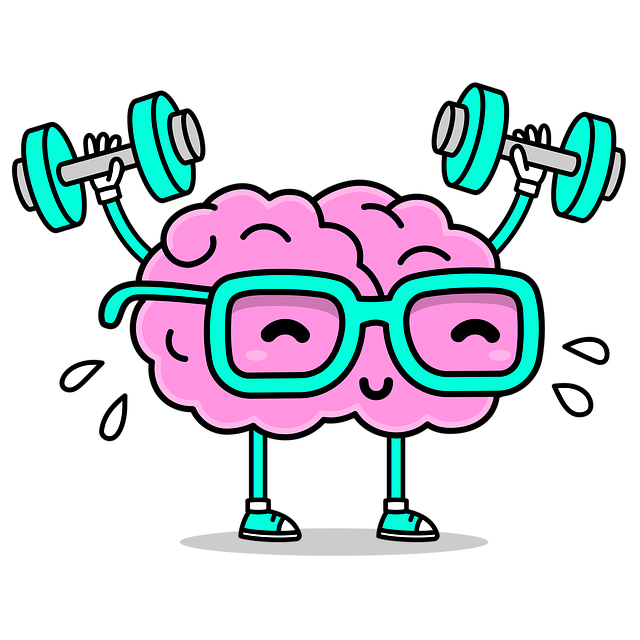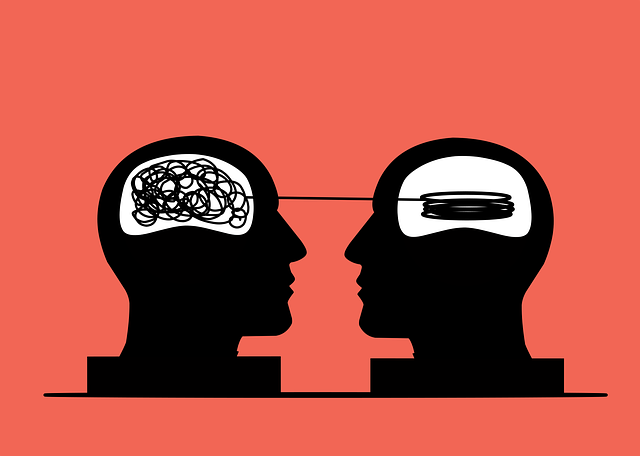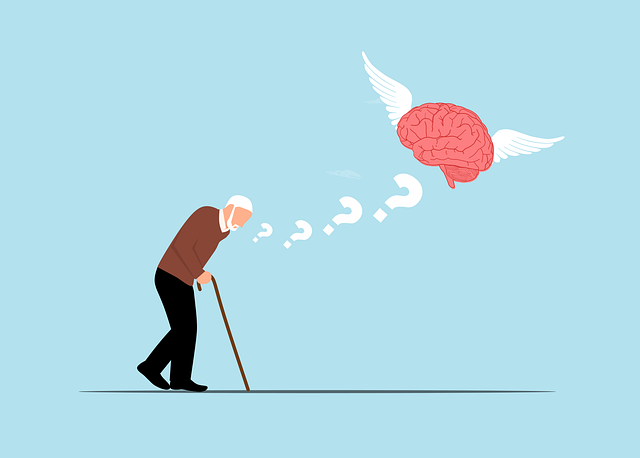Emotion regulation through therapy is a powerful tool for adults with sexual addiction, fostering recovery and improving quality of life by managing impulsive behaviors and complex feelings. Evidence-based methods like CBT, mindfulness techniques, and psychodynamic exploration help individuals develop self-awareness, empathy, and positive thinking patterns. Integrating strategies such as cognitive restructuring and mindfulness exercises equips clients to challenge cognitive distortions, build resilience, and maintain long-term recovery. Regular practice of acquired skills, including weekly reinforcement sessions and self-care activities, is crucial for emotional balance and enhanced well-being in the face of life's challenges.
Emotion regulation techniques are essential tools for managing mental health and overall well-being. This comprehensive guide explores effective strategies, with a focus on their application in therapy settings. We delve into the significance of emotion regulation, particularly its role in treating adults with sexual addiction. Through cognitive behavioral therapy (CBT) and mindfulness-based approaches, readers will uncover structured methods to unravel complex emotions. Additionally, we provide practical tips for integrating these skills into daily life, ensuring long-term emotional resilience.
- Understanding Emotion Regulation: Unraveling the Concept and Its Significance
- The Role of Therapy in Teaching Effective Emotion Regulation Techniques
- Cognitive Behavioral Therapy (CBT): A Structured Approach for Adult Sexual Addiction
- Mindfulness-Based Strategies: Cultivating Awareness and Present-Moment Focus
- Practical Application and Maintenance: Tips for Integrating Skills into Daily Life
Understanding Emotion Regulation: Unraveling the Concept and Its Significance

Emotion regulation is a vital skill that enables individuals to understand, manage, and respond adaptively to their feelings. It involves recognizing and accepting emotions as they arise, while also learning to moderate intense reactions and channel them constructively. This process is crucial not only for emotional well-being but also for mental health and overall quality of life. In the context of therapy for adults with sexual addiction, effective emotion regulation techniques play a significant role in recovery.
By mastering these skills, individuals can navigate their complex emotions, reduce impulsive behaviors, and foster healthier relationships. Stress management is an integral aspect of this process, as it helps individuals cope with triggers and prevent relapses. Mental illness stigma reduction efforts also benefit from emotion regulation training, as it empowers individuals to express themselves freely without fear of judgment. Social skills training complements these techniques by teaching effective communication and interaction, further enhancing emotional intelligence and overall recovery.
The Role of Therapy in Teaching Effective Emotion Regulation Techniques

Therapy plays a pivotal role in teaching individuals effective emotion regulation techniques. It provides a safe and structured environment where people can explore their emotions, understand their triggers, and learn coping mechanisms tailored to their unique needs. Through various therapeutic approaches, such as cognitive-behavioural therapy (CBT), mindfulness-based interventions, and psychodynamic therapy, professionals help clients develop self-awareness, build empathy for themselves and others, and cultivate positive thinking patterns.
For adults struggling with sexual addiction, therapy can be instrumental in addressing underlying emotional issues and learning healthier ways to manage impulses. Mental health professionals conduct thorough risk assessments to ensure safety and guide their clients through the healing process. By integrating evidence-based techniques like empathy building strategies and cognitive restructuring, therapists empower individuals to gain control over their emotions, making it easier to navigate life’s challenges with resilience and self-compassion.
Cognitive Behavioral Therapy (CBT): A Structured Approach for Adult Sexual Addiction

Cognitive Behavioral Therapy (CBT) offers a structured approach to addressing adult sexual addiction by focusing on identifying and modifying negative thought patterns and behaviors. This evidence-based method helps individuals understand the connection between their thoughts, feelings, and actions, specifically targeting the recurrent cycles of sexual compulsion and guilt or shame that often accompany sexual addiction. Through CBT, patients learn to challenge cognitive distortions related to sex and relationships, enhancing their ability to make healthier choices.
By integrating techniques such as resilience building and risk management planning for mental health professionals, CBT facilitates emotional regulation in individuals struggling with adult sexual addiction. This structured therapy approach equips clients with the tools to confront triggers, develop coping strategies, and maintain long-term recovery by addressing underlying psychological factors that contribute to their addiction.
Mindfulness-Based Strategies: Cultivating Awareness and Present-Moment Focus

Mindfulness-based strategies are powerful tools for emotion regulation, offering individuals a chance to cultivate awareness and present-moment focus. These techniques, often integrated into therapy for adults with sexual addiction, help in breaking the cycle of impulsive behaviors by promoting conscious decision-making. By encouraging individuals to pay attention to their thoughts, emotions, and bodily sensations without judgment, mindfulness enhances emotional intelligence—a key aspect of mental wellness.
Mental wellness journaling exercises and guidance can further strengthen this process. Writing down experiences and emotions helps to externalize them, making it easier to observe and understand one’s internal state. Similarly, mental wellness coaching programs designed for development emphasize the importance of staying grounded in the present moment, thereby reducing reactivity to intense feelings and promoting healthier coping strategies.
Practical Application and Maintenance: Tips for Integrating Skills into Daily Life

Integrating emotion regulation skills into your daily routine is a transformative process that requires both consistency and adaptability. After learning effective techniques through therapy for adults with sexual addiction or other means, the key lies in practical application. Start by identifying triggers—situations or thoughts that often elicit strong emotions—and develop strategies to navigate them. For instance, if certain environments remind you of past challenges, try using mindfulness exercises like deep breathing or grounding techniques to regain composure.
Regular practice is crucial for maintaining emotional balance. Incorporate communication strategies to share your feelings with trusted individuals, fostering a supportive network. Additionally, schedule time each week to review and reinforce learned skills, ensuring they remain sharp and accessible when needed. Building resilience against burnout is equally important; engage in self-care activities that boost confidence and promote well-being. Remember, consistent effort will enable you to better manage emotions, enhancing overall quality of life.
Emotion regulation techniques, as explored in this article, offer powerful tools for enhancing mental well-being. From understanding the concept’s significance to delving into specific therapeutic approaches like CBT and mindfulness-based strategies, these methods empower individuals to navigate their emotions effectively. As previously mentioned, integrating these skills into daily life requires practice and maintenance, but the benefits are indelible. Whether addressing adult sexual addiction through structured therapy or adopting mindfulness practices, emotion regulation provides a robust framework for personal growth and improved quality of life. Remember that, in the world of mental health, these techniques can be game-changers, fostering resilience and overall emotional balance.









